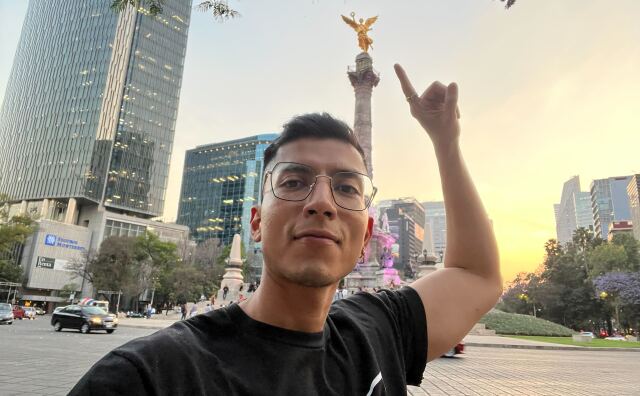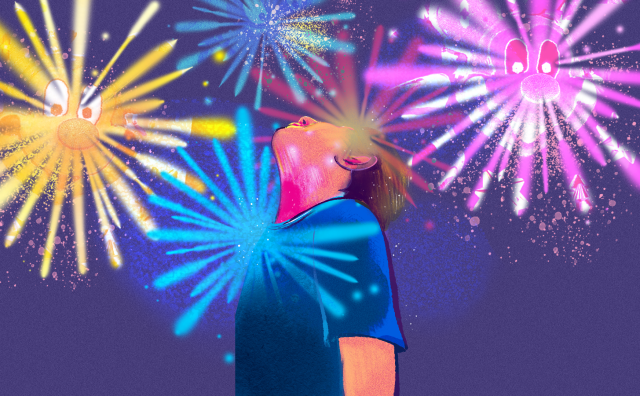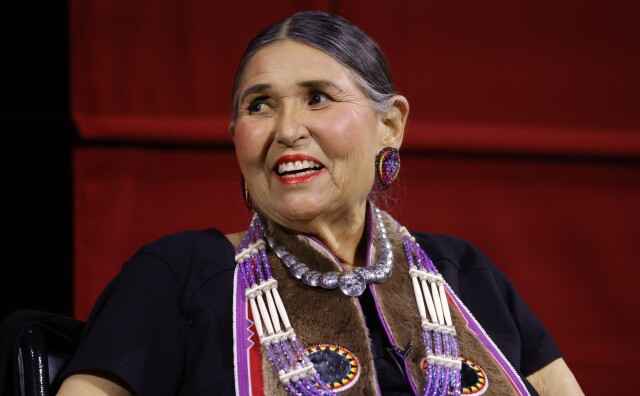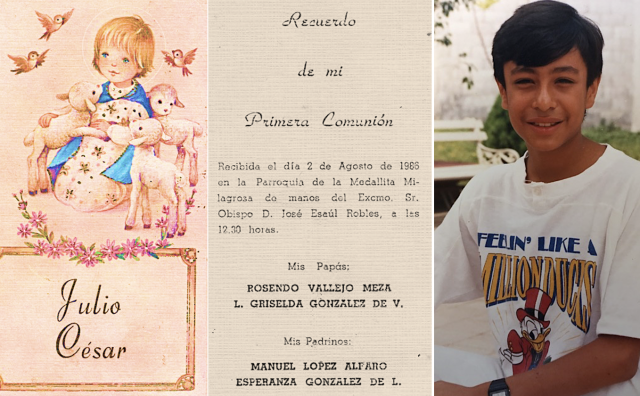We've been asking for stories about how your race and/or ethnicity shape your life and experiences as part of our Race in L.A. series. To make sure you get our coverage: Sign up for our daily newsletters. To support our non-profit public service journalism: Donate Now.
Pasadena police shot a 32-year-old black man near North Raymond Avenue last Saturday, and, for a second, I wondered if I had read my own obituary.
It's a strange thing to think for a second that you might already be dead.
I'm a 32-year-old black man. I've spent the last six years on South Raymond Avenue, about three miles away, at the KPCC/LAist newsroom.
-
From June 2020 to July 2021, we published your stories each week to continue important conversations about race/ethnicity, identity and how both affect our lived experiences. We now have a new series Being American, which is again soliciting your essays.
-
Read:
I'd like to think I would never find myself horizontal on the ground, coming to terms with the thought that my dreams for the future would never be, that the plans and appointments I've made would not be kept. If you had told me two weeks ago that a 32-year-old black man would breathe his last breaths near Raymond Avenue Saturday, I would have upped my life insurance -- maybe called in sick. And yet, I sit here at my laptop. My counterpart, Anthony McClain, is dead. Who could imagine that two comparable lives unfolding just blocks apart would meet such different fates?
Sure, I have a college degree and work in public radio, but it's not like I drive around with my resumé stapled to my shirt. In a routine traffic stop, I'd expect no special treatment from an approaching officer. A black guy is a black guy in a darkened car on a Saturday night. That's what makes the story of McClain particularly challenging for me. We shared geography, race and age. In the ever-growing list of young men who have died at the hands of law enforcement, it's not uncommon for me to share at least one trait. Two? Unlikely. Three? Never. One hell of a coincidence.
The shooting death of Anthony McClain is still under investigation, but we know some basic facts: It was 8 p.m. Authorities said patrol officers spotted a car without a front license plate and stopped the driver.
Body camera footage provided by Pasadena police shows McClain, a passenger, sprinting away from officers with his hand in his waistband. Police ran after him. They say McClain had a gun, which he later cast aside. He turned his head. An officer fired. He kept running. Moments later, McClain's body fell on a sidewalk near La Pintoresca Park, oozing life. The potential of his unlived years dripping away: his vital organs now damaged beyond repair.
Authorities say McClain was on probation for a previous robbery conviction. He was prohibited from possessing a weapon of any kind -- especially an unregistered one. Officers couldn't have known that at the time. Perhaps McClain did, and his fear of the consequences led him to think that his best chance was making a break for it.
MORE FROM OUR RACE IN LA SERIES
- 'Who Invited Miami?': An LA Transplant On The Rules of Racial Division -- And How We Can Bend Them
- No Soy de Aquí, Ni de Allá (Not From Here, Not From There)
- 'We Don't Hire Colored Girls': After A Job Rejection In 1956, A Young LA Telephone Operator Began Kicking Down Doors
- Dear Racist': How Rage-Writing Turned To Rage-Drawing For An Artist Who's Fed Up With Anti-Asian Hate
- Brown and Blue: A Mexican American Police Family Tries To Reconcile 'Who We Once Were, Who We Now Are, And Who We Want To Be'
- An Education In Becoming Whole Again: How My College Experience Taught Me To Love My Blackness
- What It Really Means To Amplify Black Voices
- Conflicted: A Black Journalist's Reckoning With Her Race, Family And Police Brutality
- How To Participate In Our Series
Time and investigation will tell us what really transpired that Saturday night. Until then, I withhold judgment. Beneath the badge and gun, police are just as human as the people they shoot. Everyone wants to come home to their family at the end of the day.
So now I play the mental game I'm often left to play in times like these. The rules are simple: I ask, "How did things end up like this?" I begin the task of trying to figure out what factors led McClain to live the life he led. What made us so different? Does the life I lead protect me from a similar fate? I suppose I can't ever really know that.
In the "Wheel of Fortune" of prenatal consciousness, I was given the life of Austin Cross. What if the wheel turned one more tick, and I was embedded in Anthony McClain instead? Would I still be here to write these words?
Like most of 2020, Saturday's killing is simply complicated. I have no words of encouragement to offer, and little hope that Anthony McClain will be the last name etched in our collective memory this year. I'm just the other 32-year-old black man, a few miles southbound on Raymond Avenue, heavy-hearted but still very much alive.








